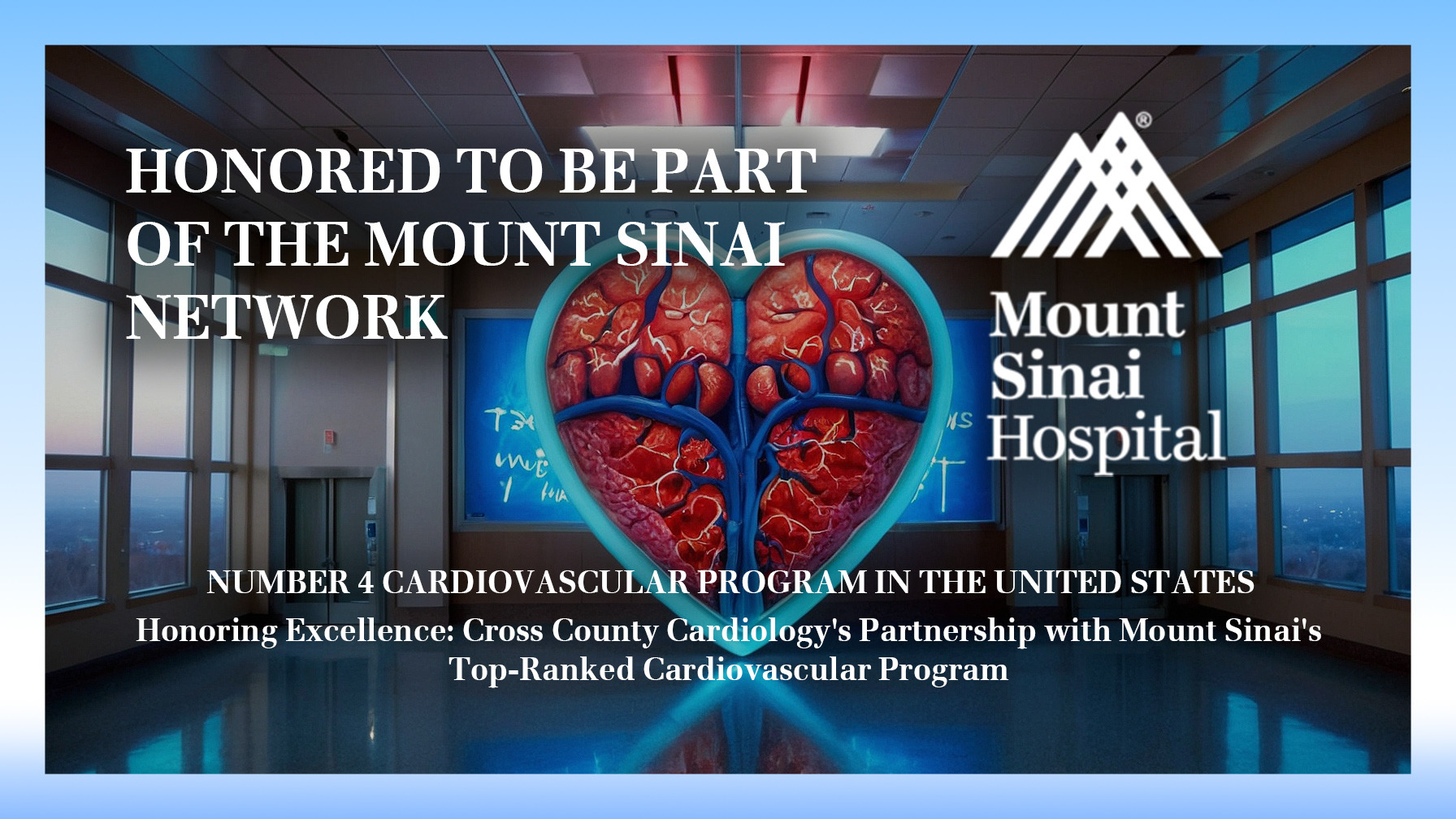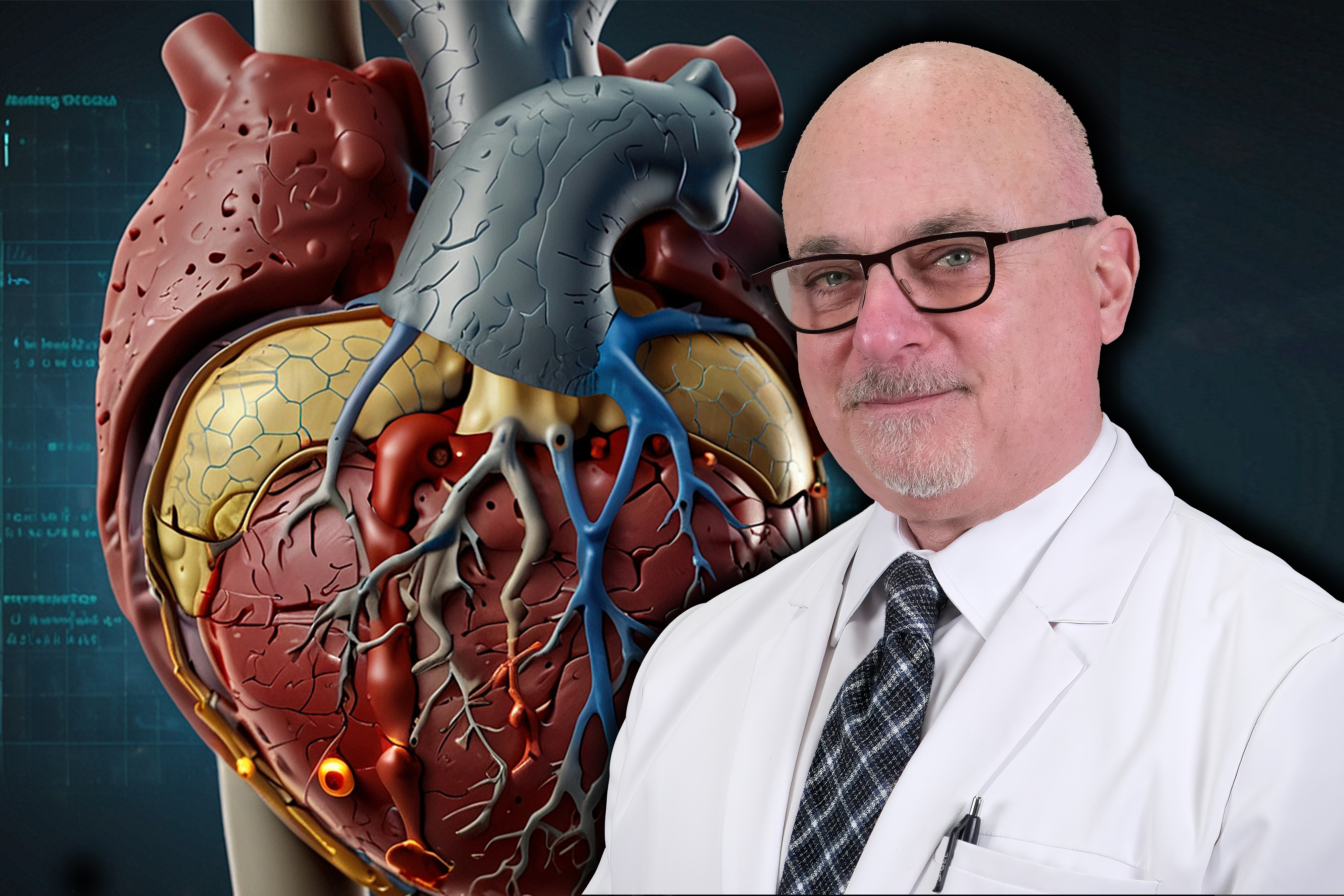Coronary artery disease is still one of the top causes of death worldwide. Thankfully, advances in medical treatments, like coronary stents, have made a huge difference in how we treat heart problems. At Cross County Cardiology, we're proud to be at the forefront of providing this life-saving procedure.
What Are Coronary Stents?
Think of a coronary stent like a tiny spring that helps keep your arteries open. This simple, non-invasive procedure has revolutionized how cardiologists treat blocked arteries. In fact, the process has become so refined that it’s now often done through the wrist, allowing patients to go home the same day. The quick and significant improvement in heart function is what makes stents such an effective solution for chronic heart conditions.
Addressing the Root Causes
While getting a coronary stent can be life-saving, it’s only part of the solution. The underlying causes—such as high cholesterol, high blood pressure, diabetes, and smoking—still need to be managed. If these issues aren't addressed, they can continue to damage your arteries.
Life After a Stent
After the procedure, it’s crucial to stay on your prescribed medications, including cholesterol-lowering drugs, aspirin, and an additional anti-platelet agent like Plavix or Berlinta. Just like patients who receive a kidney transplant need to take anti-rejection drugs, people with stents need these medications to prevent the body from rejecting the stent. These drugs help keep platelets from sticking to the stent, which could cause new blockages.
A study by the National Institutes of Health found that the risk of stent thrombosis (a type of blood clot) was just 1.3% in 9,434 patients with new-generation drug-eluting stents. This shows how safe the procedure can be when done correctly. However, it’s very important not to stop taking your medication for at least a year after the procedure unless you have a major surgery or another serious reason to do so.
The Bigger Picture
Coronary stents are indeed saving lives and improving the quality of life for many people. But the key to long-term success lies in following your medication regimen and making healthy lifestyle changes. At Cross County Cardiology, we’re committed to providing care that goes beyond the procedure, helping our patients lead healthier, longer lives.
For more detailed information, you can visit the National Institutes of Health article on stent thrombosis here












